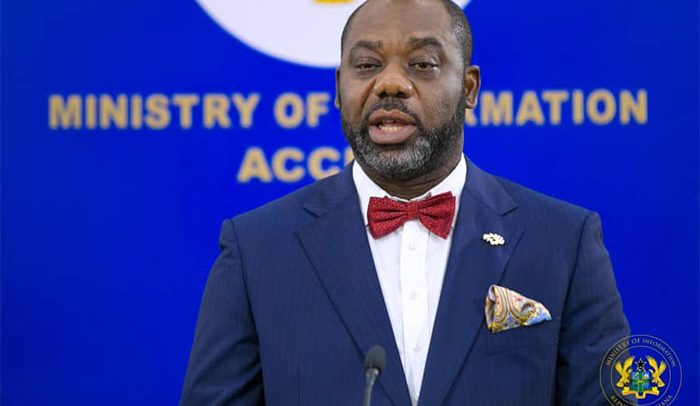Matthew Opoku prempeh
A TOTAL of 236 projects out of 822 contracts awarded by the government for companies to provide infrastructural projects at the senior high school (SHS) level across the country to improve access to secondary education have been completed.
The Minister of Education, Dr. Matthew Opoku Prempeh, aka Napo, who made the disclosure in Parliament yesterday, said 56 of the completed projects are in the Ashanti Region, 15 in the Bono Region, 10 in the Central Region, 23 in the Eastern Region, 26 in the Northern Region, and 19 in the Upper East Region.
The Western Region has 18, 13 for Greater Accra, 13 for Volta, seven for Oti, nine for Bono East, five for Western North, five for Ahafo and four for the Savannah Region, he added.
Answering questions on the Floor of the House, Dr. Prempeh, who is also the Member of Parliament (MP) for Manhyia South, indicated that the projects included three-unit classroom blocks, six-unit classroom blocks, 12-unit classroom blocks, and 18-unit classroom blocks.
The rest are single-storey dormitory blocks, two-storey dormitory blocks, three-storey dormitory blocks, rehabilitation works and other structures.
The MP for Builsa South, Dr. Clement Apaak, asked the minister the number of senior high schools benefitting from the 804 infrastructural projects announced by the Education Ministry.
The minister said the government had exceeded the target and increased it by 20 projects, and continued that these infrastructural projects formed part of the ministry’s strategic plan to improve equitable access to quality education delivery in the country.
He noted that the projects were provided on “a need basis” criteria and said this was as a result of students’ preference for some particular schools, and added that the remaining 586 projects were at various stages of completion.
“Mr. Speaker, the ministry is guided by its strategy plan to improve equitable access to, and participate in, quality education delivery in the country. The provision of school infrastructure is one of the ways to improve access to education.”
By Ernest Kofi Adu, Parliament House


